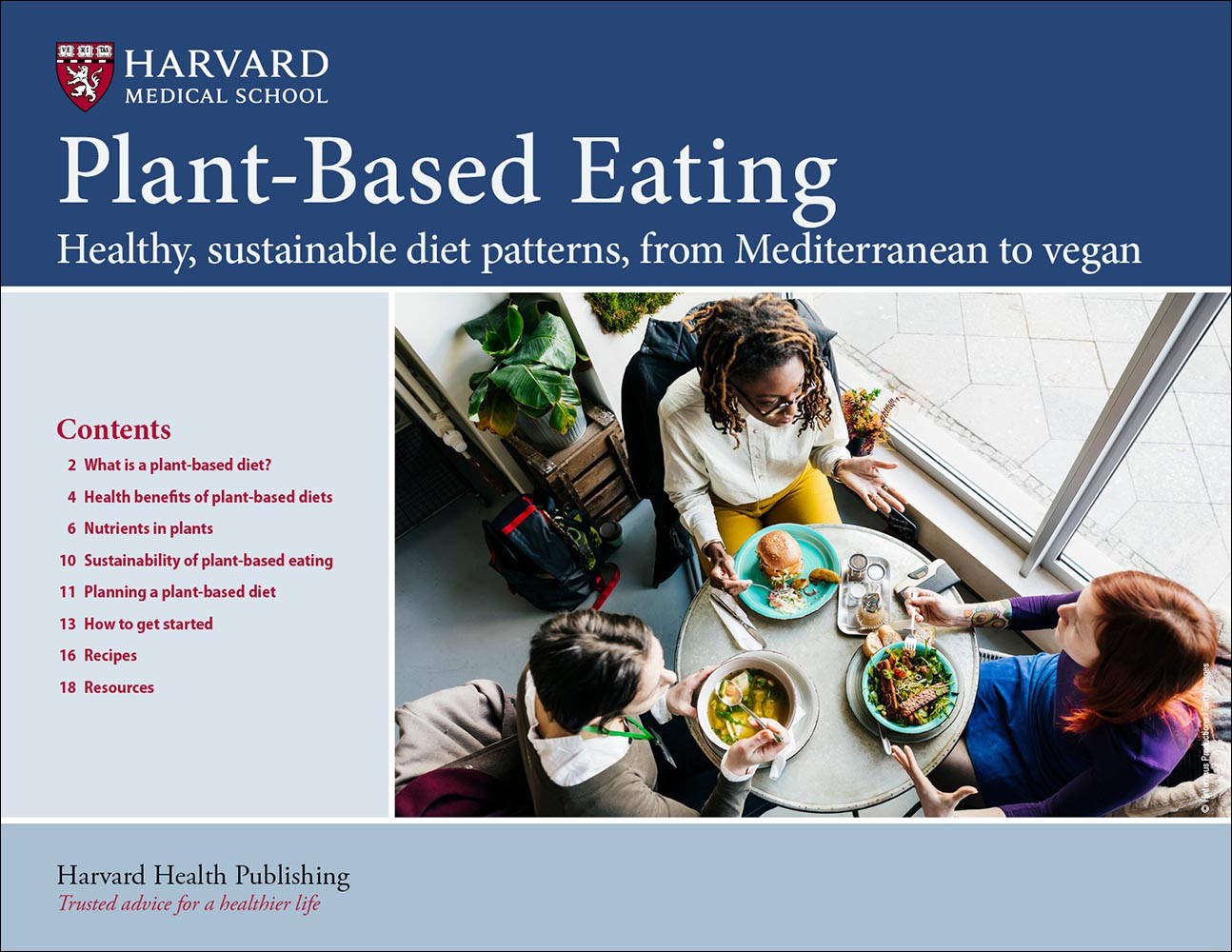More evidence that ultra-processed foods harm health
News briefs
- Reviewed by Anthony L. Komaroff, MD, Editor in Chief, Harvard Health Letter; Editorial Advisory Board Member, Harvard Health Publishing

Need more reasons to stop eating ultra-processed food? How about 32 of them? That's the number of health problems noted in the largest-ever review of studies about the dangers of diets high in ultra-processed foods. The findings, published online Feb. 28, 2024, by The BMJ, come from a review of 45 analyses published in the last three years, involving about 10 million people in total. When scientists graded the evidence, they found the most convincing or highly suggestive evidence linked diets rich in ultra-processed foods with increased risks for premature death, cardiovascular disease, mental health disorders, diabetes, obesity, and sleep problems. Associations between ultra-processed foods and asthma, gastrointestinal disease, some cancers, and other health issues were limited, the authors say, and need further investigation. What, exactly, are ultra-processed foods? They're ready-to-eat products such as deli meat, microwaveable dinners, or chips. They typically have long ingredients lists, with lots of additives such as preservatives, oil, sugar, salt, coloring, and flavoring. You'll do yourself a favor if you can cut them out of your diet as much as possible and replace them with less-processed options or (best of all) whole foods.
Image: © Rattankun Thongbun/Getty Images
About the Author

Heidi Godman, Managing Director
About the Reviewer

Anthony L. Komaroff, MD, Editor in Chief, Harvard Health Letter; Editorial Advisory Board Member, Harvard Health Publishing
Disclaimer:
As a service to our readers, Harvard Health Publishing provides access to our library of archived content. Please note the date of last review or update on all articles.
No content on this site, regardless of date, should ever be used as a substitute for direct medical advice from your doctor or other qualified clinician.
















